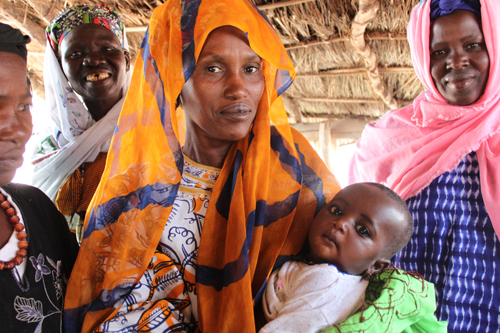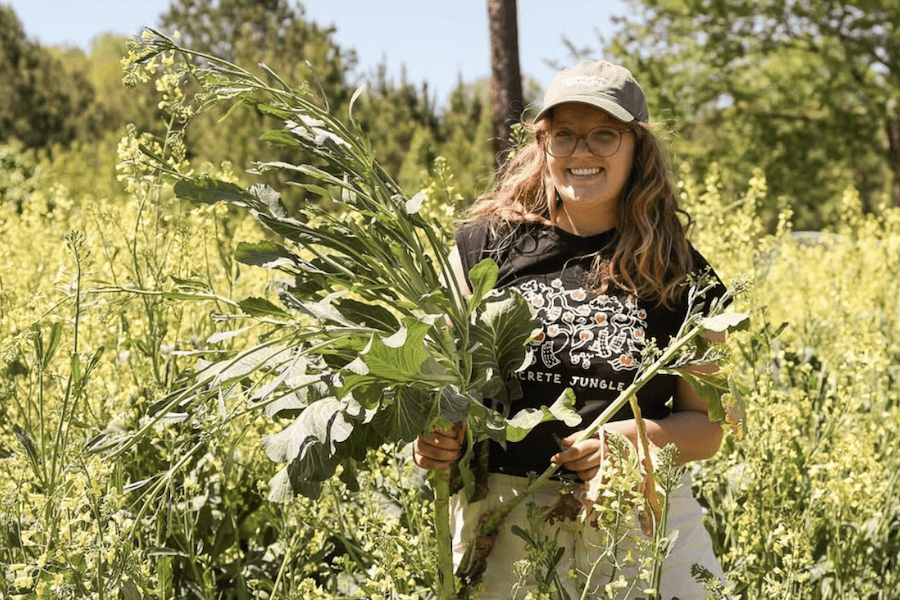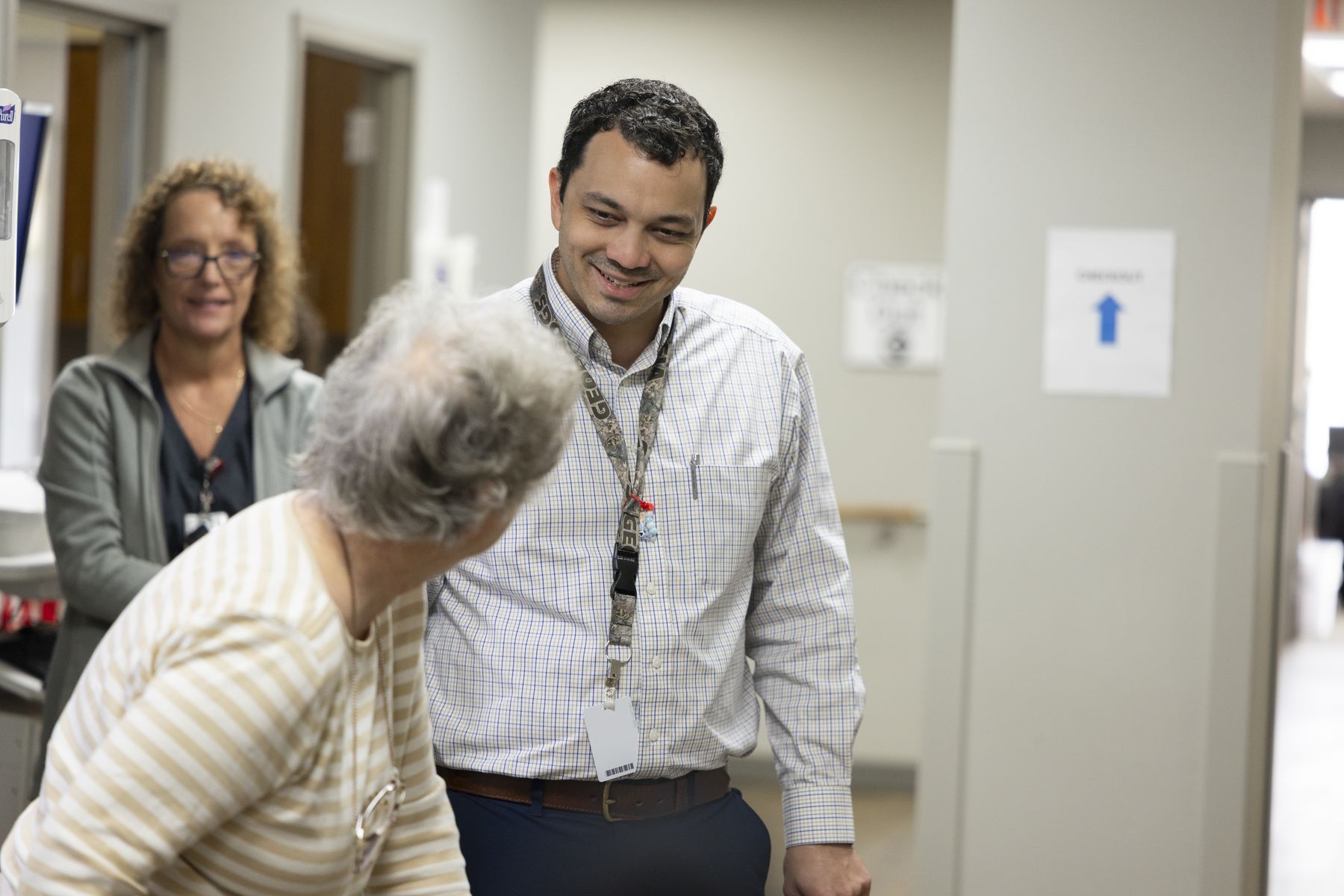In February, University of Georgia poultry experts traveled to the West African country of Mali to establish a poultry and biogas program to improve food security and expand economic opportunities for Mali’s rural poor population, especially its women.
Michael Lacy, professor and head of the UGA poultry science department, and Jack Houston, a professor with the UGA department of agricultural and applied economics, joined Catherine Keske, an economist from Colorado State University’s department of soil and crop science on the two-week trip.
“Women in Mali have so few resources. Establishing small-scale, women-run poultry and energy enterprises in Mali will have a huge impact on the livelihoods, nutrition and health of these women and their children,” Lacy said.
Funded by the U.S. Agency for International Development bilateral mission in Mali through Colorado State’s Adapting Livestock Systems to Climate Change Collaborative Research Support Program, the team will work with Malian collaborators to build a model poultry hatchery in a rural Malian village.
The hatchery will be a hub for research on improved poultry genetics, vaccines for diseases like Newcastle Disease and exploring the feasibility of biogas production from manure and other wastes. Extension educational programs on poultry husbandry, good nutrition and business practices will be offered through the hatchery.
While in Mali, the team visited several villages outside Bamako, the country’s capital. They met with local leaders, non-government organizations and women’s groups to determine the best location for the hatchery and training complex. They also discussed local micro-credit loans for women that would help kick-start the program.
“The Mali people are very excited about this project and are interested in receiving training, education, advise and support,” Lacy said.
Poultry production in the U.S. during the 1800s was largely the domain of the farm wife. A backyard flock was tended at nearly every home. The extra eggs or meat that could be sold to stores would earn the family “egg money” to be used for new shoes or material for clothing.
“That was the first time women in America had any economic independence and was the first step to equality,” Lacy said. “It is the same for other cultures, including Mali, where we can empower these women and ultimately help their families and communities.”
Healthier chicks and skills to raise them productively will ultimately increase the amount of eggs and poultry meat available for local consumption and for selling to local markets, Lacy said. In a country where 90 percent of the population earns less than $2 a day and many children are malnourished, this could have a big impact.
“One or two eggs per week would have a tremendous impact on the nutritional status of children,” Lacy said.
The hatchery will be complete by next winter. Until the hatchery is complete, the group will train women’s groups and get housing ready for the chicks.









